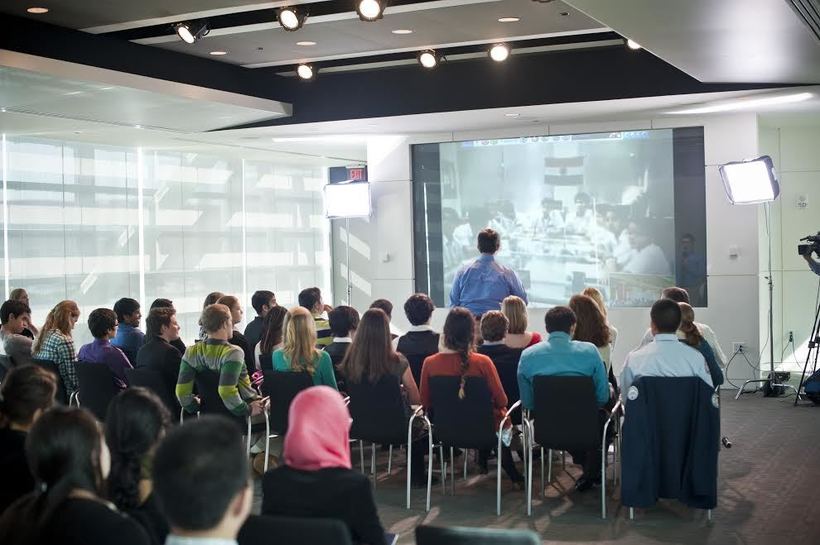An Overview of Explicit Instruction

Have you ever attempted to follow a new recipe, only to identify that a step is missing or unclear? Or maybe the directions had too much info for your brain to process. The same thing can happen when your learners learn something new. Some learners can make inferences to figure out the next steps or to work through ambiguity. But for learners who learn and think differently, one unclear direction or having too many things to remember can be a deal-breaker.
That’s why it’s so essential to make sure your instruction is as clear and complete as it can be. One way to accomplish this is to utilize explicit instruction. This is a way to deliver direct, structured instruction to learners—from kindergartners to high-schoolers. It makes lessons crystal clear and shows learners how to start and succeed in a task. You can utilize explicit instruction with your whole class. Or you can utilize it to pre-teach or re-teach a skill to one learner or a group of learners.
Why Use Explicit Instruction?
Explicit instruction is a well-researched, highly efficient teaching strategy. It can be beneficial to both learners and educators.
It makes inquiry-based learning easier. Explicit instruction gives learners who are usually left out of inquiry-based learning the info and skills they need to engage. Explicit instruction can also teach learners the processes needed for inquiry-based learning. Explicit instruction isn’t just for basic educational skills. Learners often need explicit modeling and feedback on higher-order skills like decision making and social skills.
There’s less of a load on working memory. Learners who learn and think differently often have trouble with working memory. For example, they may struggle to understand the idea of a long series of directions. Explicit instruction breaks learning up into smaller chunks, lightening the “cognitive load.” That frees up learners’ working memory, which is essential because learning skills require a lot of working memory.
Attention issues become less of a barrier. Without explicit instruction, learners who struggle with attention may not attend to the most important ideas in a lesson. With explicit instruction, you cue learners into the essential info.
It helps overcome language barriers. When you utilize consistent and clear language in each step of instruction, students aren’t overwhelmed with managing new language demands. Explicit instruction is correlated with increased achievement gains among ELLs.
It allows for various degrees of practice. Explicit instruction is also efficient for learners who need intensive intervention. In your school district, you may call this support “Tier 3 intervention.” These learners need to practice a skill 10 to 30 times more than their peers. Explicit instruction can give them those chances. It also provides you with a structure to make sure learners are capable and successful as they practice.
It allows data collection and analysis. Each time learners practice a skill, you have a chance to collect data. After the explicit instruction cycle, you can utilize that data to plan your next lesson, whether re-teaching or moving on to the next skill progression. This info helps you meet the needs of each learner and be nimble in your curriculum development.





